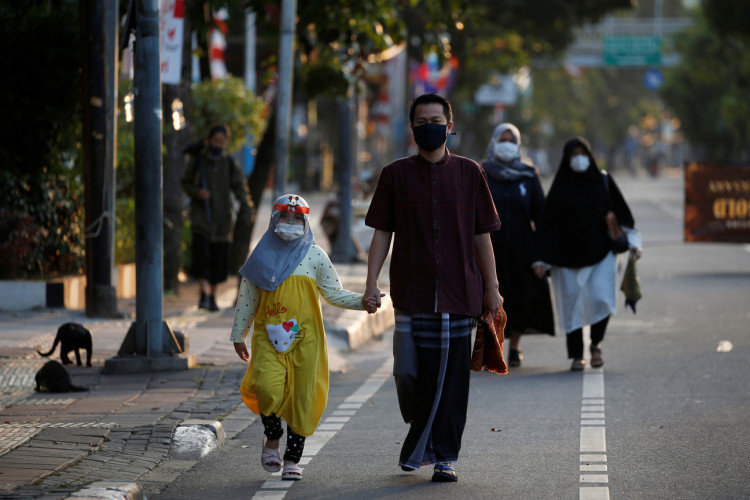The international halal market is expected to grow in the coming years, with Southeast Asia eyeing the many opportunities that come with expansion.
Vietnam
Vietnam has been pushing its halal market in the global stage over the past few years, with food being at the center.
Vietnam deputy minister of foreign affairs Bui Thanh Son said that Vietnam can take advantage of its being an important link in connecting Southeast Asia to the rest of the world.
The country has established programs to help further the industry. The latest was the implementation of a development project with African and Middle Eastern nations that involves around 30 percent of the target countries' Muslim population.
Aside from having established good connections with potential markets, Vietnam has also been at the center of economic talks over the past few years as the country is expected to continue its economic rise even through the pandemic.
Malaysia
In a recent report by international strategy research and advisory firm DinarStandard, Malaysia came top in halal food, Islamic finance and pharmaceutical and cosmetics sectors.
While Malaysia has been excelling in its promotion of local halal products, the country has also been leading the way in halal tourism.
In the 2020-2021 State of the Global Islamic Economy report, Malaysia was the top country in the Muslim-friendly travel segment. The country also bagged the top spot in four other sectors in the said report.
Malaysia has also pushed efforts in providing small business owners with knowledge about proper halal certification and global demands and trends in the halal market.
Indonesia
Last month, Indonesian vice president Ma'ruf Amin expressed his desire to help the country transform into a global halal product hub by 2024, marking a grandiose goal by one of the top performing halal-producing countries in Southeast Asia.
Amin pointed out that for Indonesia to become a global leader, it should increase exports, as the country only makes up for "3.8 percent of the global halal market." The said number is already reasonable for growing halal markets but its contributions to the global market can still be improved.
Amin, who is also an Islamic economic law professor, added that Indonesia's halal industrial zones should continue to be developed as part of the efforts to push the country to global platforms.
Philippines
Compared to other Southeast Asian countries, the Philippines is still behind in terms of global halal reach. However, the country is starting to invest in the halal industry.
Last week, the Department of Trade and Industry announced that it is developing a mobile app that should help push for halal awareness in the country.
According to trade secretary Ramon Lopez, the DTI's upcoming mobile application is expected to "provide [an] easy access guide for halal establishments and products," besides raising awareness about the local halal industry.
Other Southeast Asian countries already have a similar app in place and the Philippine government is expecting that the application will help provide more opportunities for Filipino halal producers.






